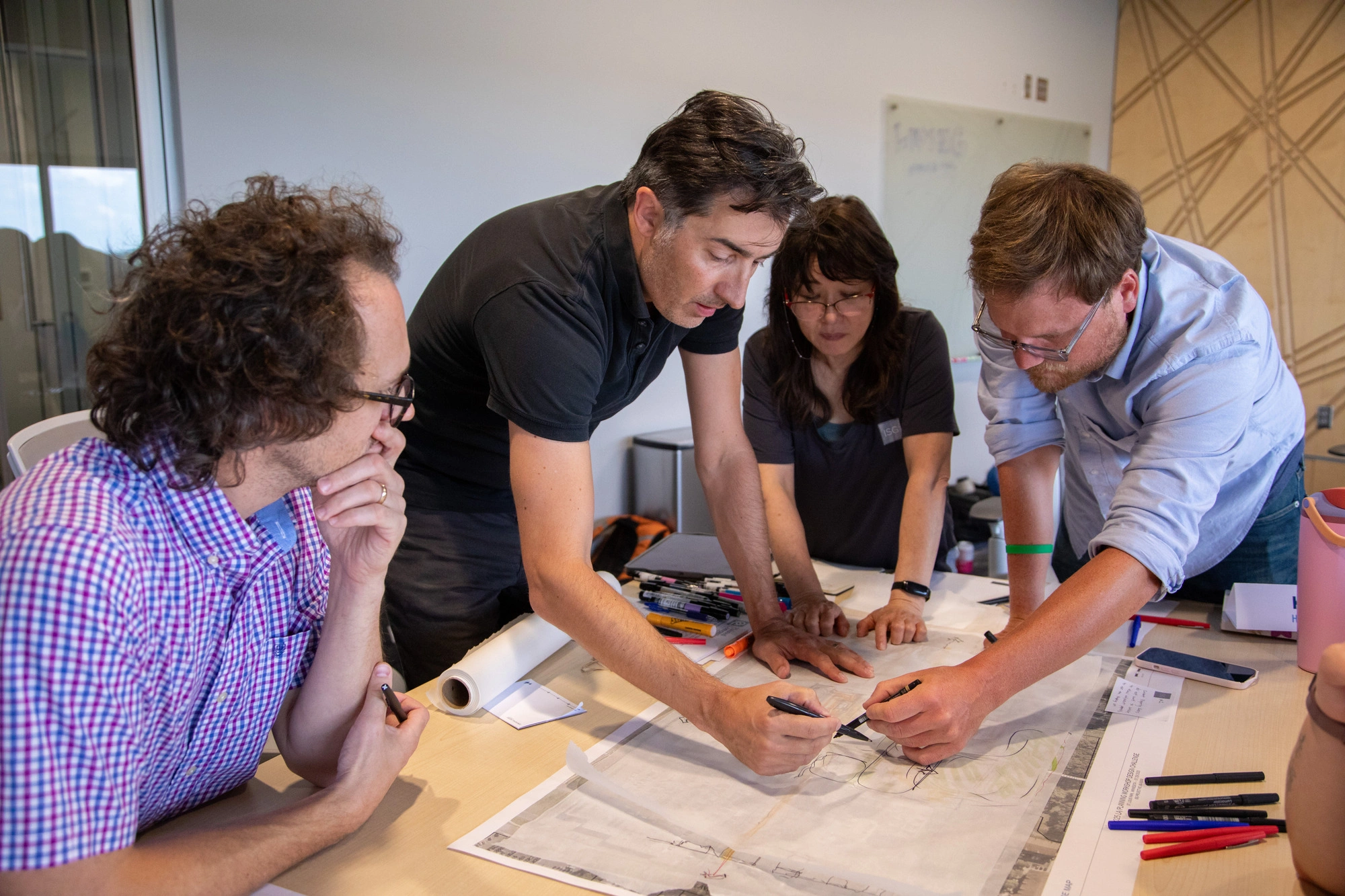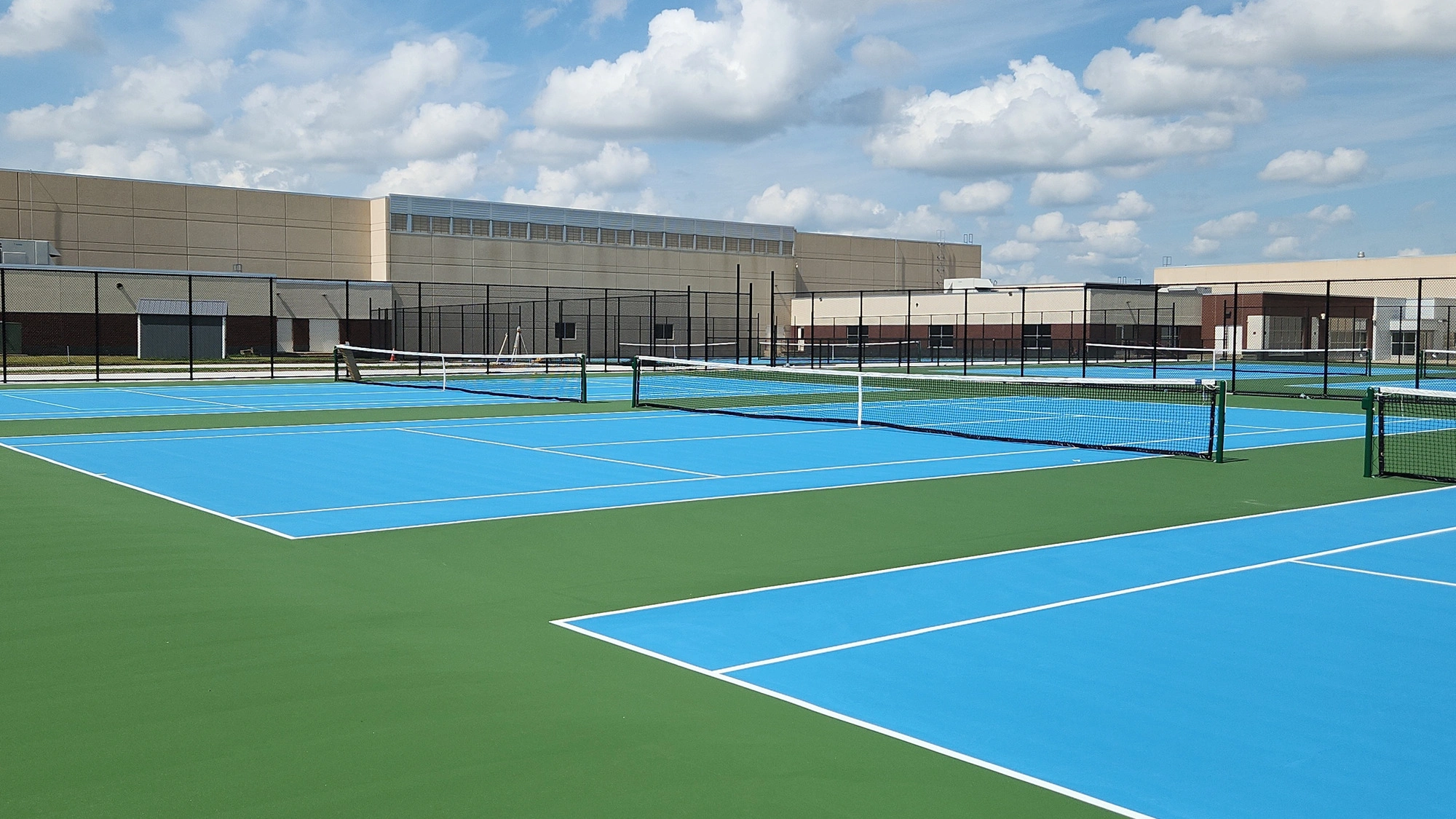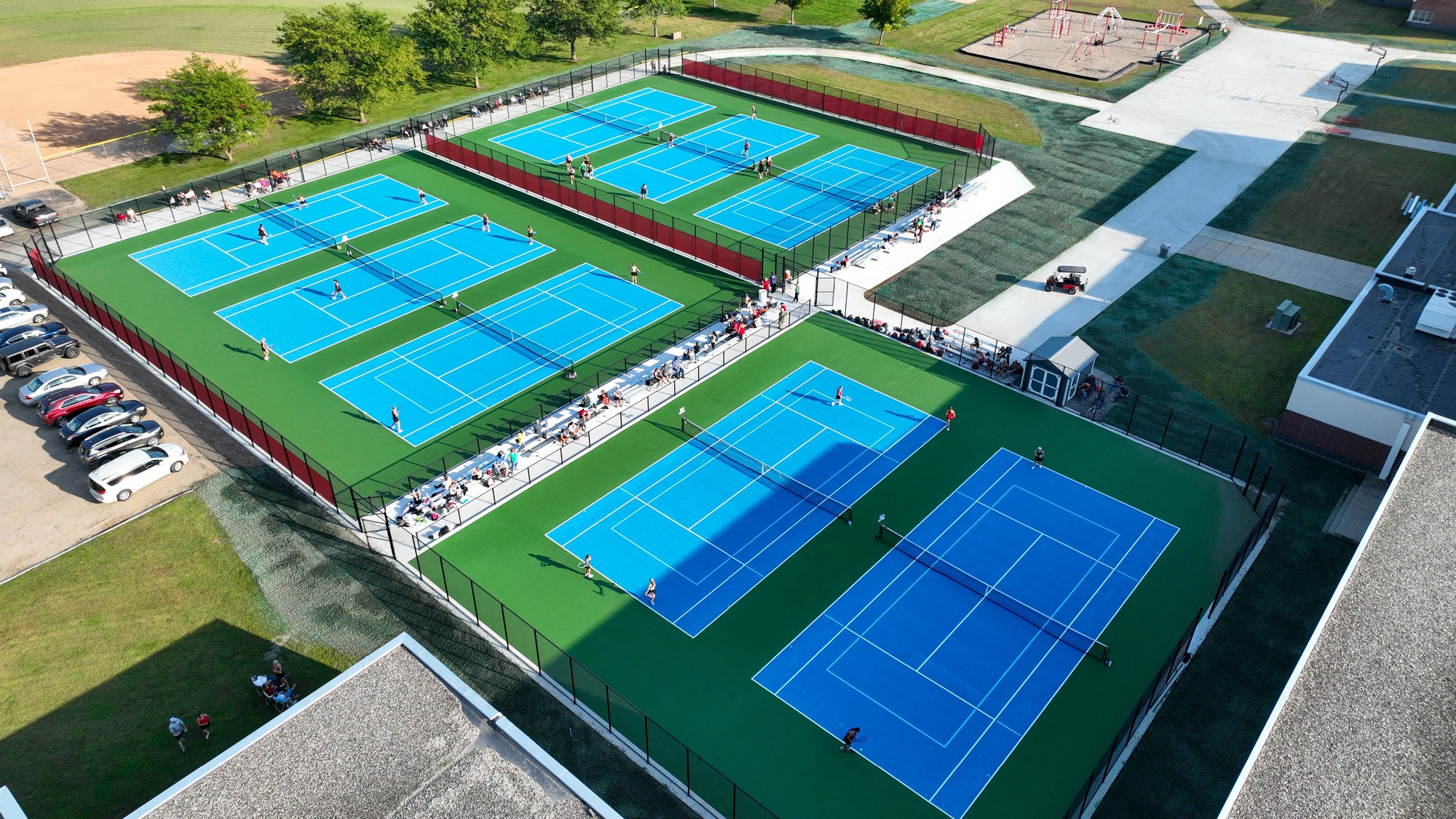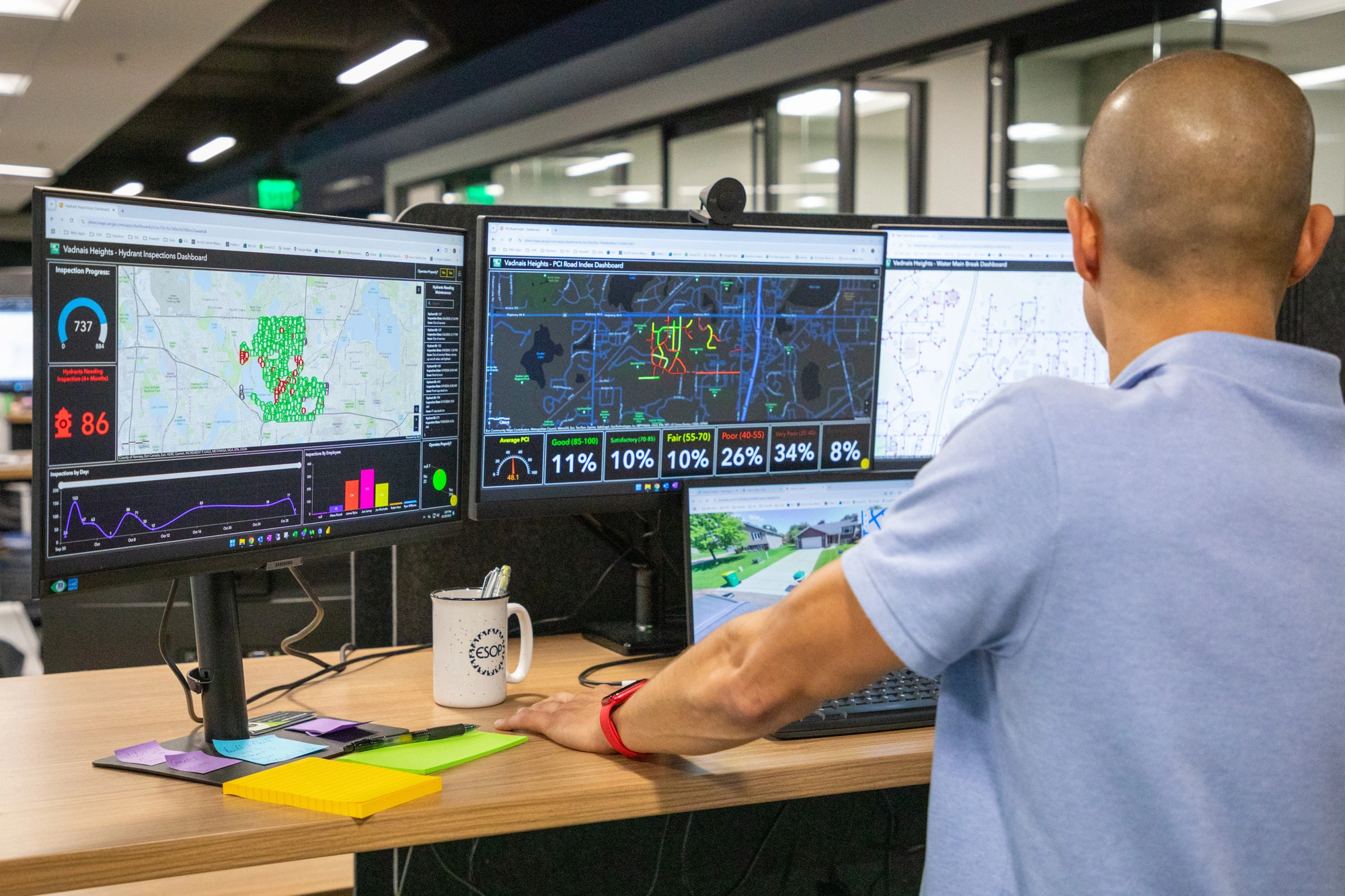Drainage Water Recycling: Multi-Purpose Benefits for Producers, Crops, and the Areas They Impact
Throughout the Midwest, agricultural best management practices are ripe with opportunity and innovation, with new, targeted strategies to meet the evolving demands of modern farming while managing unpredictable weather. Even in the face of changing conditions, new system designs are being implemented to actively manage agricultural water resources to benefit crop yields, water quality, and the ecosystems that support food production.
The timing of rainfall in the Midwest does not always align with crop water needs. Trends have increasingly shown extreme conditions of excessive rain in the spring and critically dry climates in the summer. This water resource imbalance, along with increasing efforts to improve water quality, have driven the development of drainage water recycling (DWR) technology.
Benefits of Drainage Water Recycling
This water conservation practice captures excess water in the fields from heavy rainfall and stores it in a basin, reservoir, or wetland. When drier periods occur, the water is reused for crop irrigation when it is needed most. The recycling process captures tile drainage and surface runoff, keeping valuable nutrients such as phosphorus and nitrogen in the field, while also reducing impacts on downstream water quality. This practice allows for more dependable water availability and improves soil and plant health which leads to increased crop yield potential. Additional in-field storage also improves downstream drainage capacity.
Recent ISG projects offer strong examples of how DWR design is being actively understood and applied in practice.
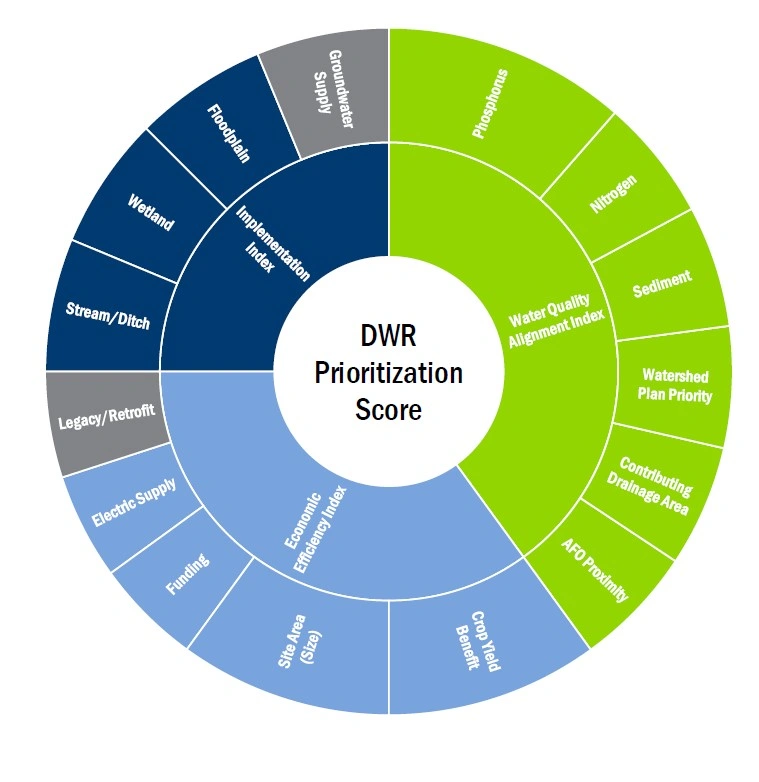
Northwest Ohio Algae Bloom Siting + Prioritization Collaboration Columbus, OH
Harmful algal blooms in northwest Ohio are putting water quality and ecosystems at risk, but ISG is helping lead the charge toward sustainable solutions through the Ohio Department of Higher Education (ODHE) Harmful Algal Bloom Research Initiative (HABRI) DWR research project. In collaboration with Ohio State University, Michigan State University, and North Carolina State University, we’re identifying and prioritizing sites for DWR systems across five Lake Erie watersheds—turning farmland into part of the solution by capturing and reusing runoff to reduce nutrient pollution. Our work includes developing
a ranking system based on water availability, soil conditions, feasibility, and environmental impact, creating a scalable model that could be applied in other regions throughout Ohio, Minnesota, and Iowa and beyond. This project is a step forward in protecting our water while advancing resilient, conservation-minded agriculture.
Kossuth County Drainage District No. 9 Water Quality Project Whittemore, IA
In Kossuth County DD No. 9, ISG designed a one-of-a-kind DWR system that turns agricultural runoff into a resource. Working closely with the landowner and a team of experts, we overcame site challenges—like a sand vein in the proposed wetland area and limitations from property lines and existing infrastructure—to create a tiered pond-wetland system. Drainage water is pumped from tile mains to a storage pond, where it can be reused for center pivot irrigation. Overflow is directed into a treatment wetland, reducing nutrient loads before reaching the nearby open ditch. This custom design delivers both irrigation water and meaningful water quality improvements.
Environmental Defense Fund DWR Economic Analysis Washington, D.C.
ISG, in partnership with Hay Water Solutions, is conducting an economic analysis for the Environmental Defense Fund to evaluate the costs, returns, and financial support needed to implement DWR. The report highlights DWR’s benefits for crop production, water quality, and infrastructure, showing that with the right design—especially at active storage sites—DWR can be financially self-sustaining. Set to finalize in June 2025, the analysis will guide stakeholders on how to site DWR projects that are both economically viable and environmentally impactful.
ISG DWR Services
Our multi-disciplinary team of engineers, including specialists in water resources engineering and water management systems, support a wide range of drainage water recycling options and offers services to put this practice into use on a larger scale, across the Midwest and beyond. ISG water resources engineers and environmental scientists can help landowners and agencies identify targeted areas that may be suitable for storing water. When determining site eligibility, factors such as topography, soils, existing drainage systems, field geometry for center pivot suitability, as well as other irrigation options are considered. Additionally, our team of in-house grant and funding experts can help determine potential funding resources to offset planning, design, and implementation costs.
To start discussing your drainage water recycling project, contact Spencer Pech at Spencer.Pech@ISGInc.com or Chuck Brandel at Chuck.Brandel@ISGInc.com.
*Source: Allred et al., 2014
Image Source: Purdue University, ConservationDrainage.net/MediaLibrary


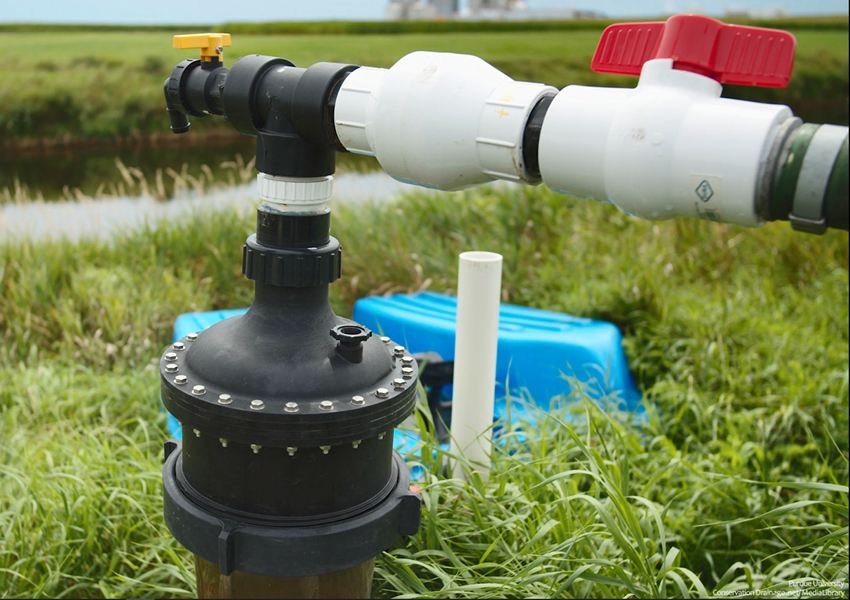
Related Articles


The Future of Southern Minnesota Lakes Conference Returns To Inspire Action on Lake Planning, Preservation, and Restoration
ISG is bringing back The Future of Southern Minnesota Lakes Conference for its fourth year from March 6–7, 2026 creating space for lake association members, environmental professionals, and community leaders dedicated to preserving and restoring Southern Minnesota lakes.

.webp)
ISG Recognized as a 2025–26 Emerging Professional Friendly Firm for the Fourth Consecutive Cycle
ISG has been honored as a 2025–26 Emerging Professional Friendly Firm by AIA chapters in North Dakota, South Dakota, Wisconsin, and Minnesota in recognition of its commitment to fair compensation, licensure support, mentorship, and growth for early-career architects.




_webfull.webp)
.webp)

